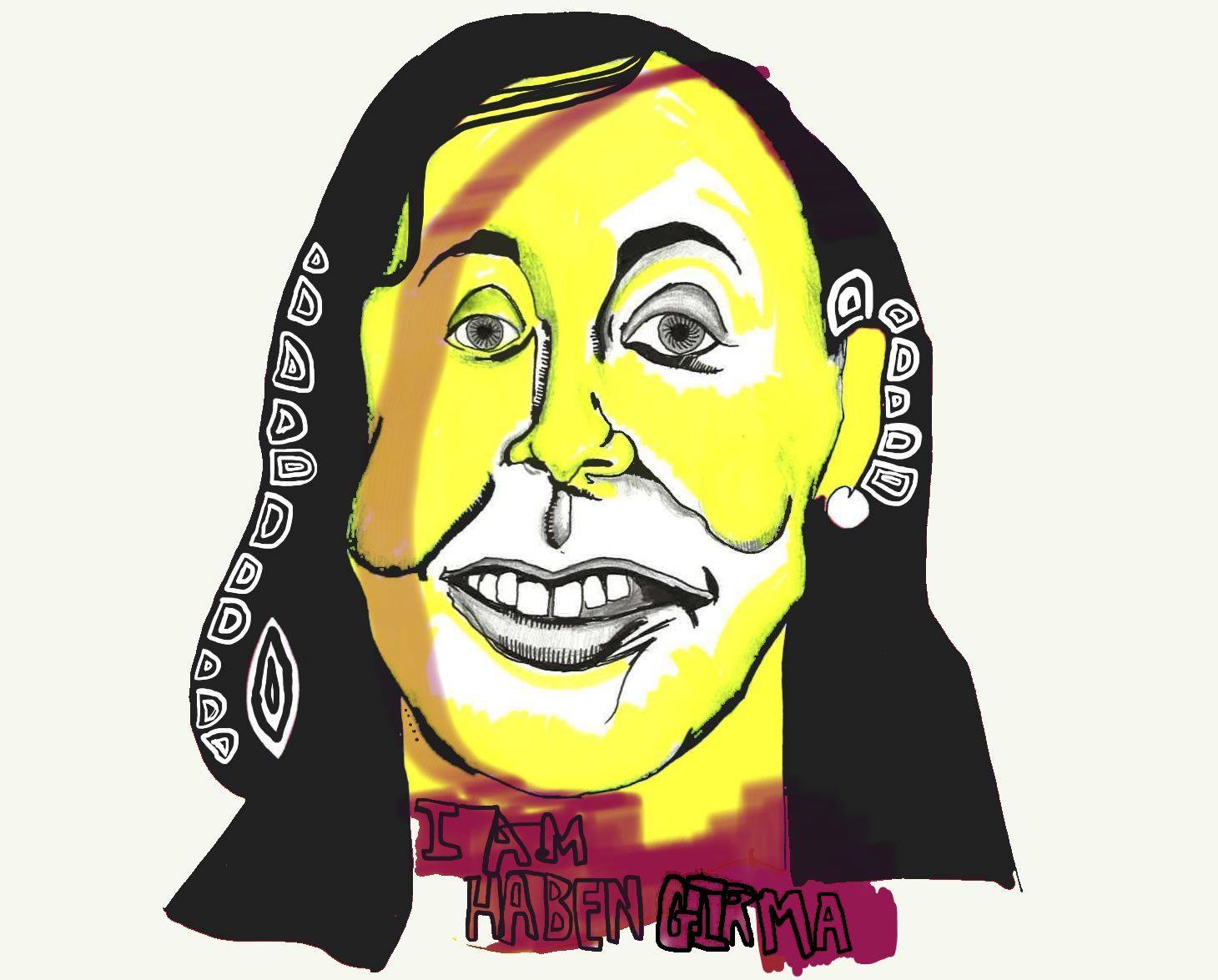
“In 2010, I entered Harvard Law School as its first deafblind student. Harvard didn’t know exactly how a deafblind student would succeed, and honestly… I didn’t know how I would survive Harvard.” – Haben Girma
Haben Girma is nothing short of an inspiration. In the past week, after being named as the BBC Women of Africa’s sixth unsung hero, her face has re-surfaced on our Facebook and Twitter feeds. Her astounding story comes at a time where hope has never been more needed. And it certainly makes for a refreshing change to the current finger-pointing and berating of refugees.
In 2013, Eritrean-American Girma became Harvard Law School’s first deaf-blind graduate, and her determination is unflinching. Now an attorney for the Disability Rights Advocates, a national non-profit organisation, she works for the ‘civil rights of persons with disabilities’ and assures that she will continue to fight ‘the drive for equality.’
A pioneer in her own right, she helped the DRA to achieve legal victory in the revolutionary National Federation of the Blind v. Scribd case, ensuring that Scribd’s digital library reprocessed its literary content to work with screen readers – software that allows content to be read aloud or displayed in Braille. Earlier this year, she even gave the introductory remarks for the 25th Anniversary of the America Disabilities Act [ADA] at the White House.
Girma’s mother, like many other Eritrean refugees, left for America at 18 years old. She trekked for two weeks to reach Sudan before being aided to America by a refugee organisation. It is a journey that ensured that Girma would be born in a country that could even begin to accommodate her needs.
It almost goes without saying that if her mother had not been welcomed 30 years ago, America would have been denied the light that is Haben Girma.
The 27 year-old is living proof of how the ADA has helped to make America a more diverse and accepting place. As President George H.W. Bush put it 25 years ago : “Every man, woman and child with a disability can now pass through once-closed doors into a bright new era of equality, freedom and independence.”
For Girma, the ‘magic’ that her grandmother equates her success at Harvard to was not simply a blind miracle, but ‘from the opportunities afforded by America and the hard-won power of the ADA’.
Girma’s older brother, who is also deaf-blind, however, was denied the same opportunities as her. When her grandmother looked for a school for him in Eritrea, they were met with the shortest answer: no. Coming out of a 30 year war for independence, accommodating deaf-blind children was simply not at the top of the agenda for Eritrea.
Irma knows how far from sitting on the side-lines, Girma strives to live life to the fullest – and is also a keen dancer and tandem surfer.
Yet, Girma also notes that America still has a long way to go. Gathering over 167,000 views, Girma’s TEDxBaltimore Talk highlights the challenges of being deaf-blind and the importance of the little things we take for granted.
Take her lunchtimes for example.
Aged 19, the staff at the cafeteria in her college offered to read her the menu so she’d know what she, but obviously she couldn’t hear them. The cost and time to produce braille gave way to a compromise of e-mailing her the menu at the start of each meal, where she would then be able to read it on her computer using a screen reader. Yet what happens when the cafeteria forgets?
It was a simple infringement on her liberty, the fact that she was not able to choose what she ate. It was an infringement that Girma guiltily ignored, thinking of the many refugees like her mother who had been and still were in less than favourable situations. The fact that she was wholly reliant on someone to ‘feel like’ sending her a menu was for her “a privilege, not a right”.
But this daily mission soon became decisive in Girma’s “vision of joining the civil rights movement” and becoming an active accessible technology campaigner.
Reflecting that only six percent of deaf-blind students in America have qualified teachers, – a figure that is without a doubt even lower across the world, Girma is always mindful of her advantage and continuously seeking to raise figures like these.
Haben Girma gives hope to everyone – to women of colour, to the disabled, to every person with a refugee background. She is testament that with the right attitude, we really can incite change for both ourselves and others, no matter how small.
“I’m happy to teach people how to communicate. I love those who embrace diversity.”




